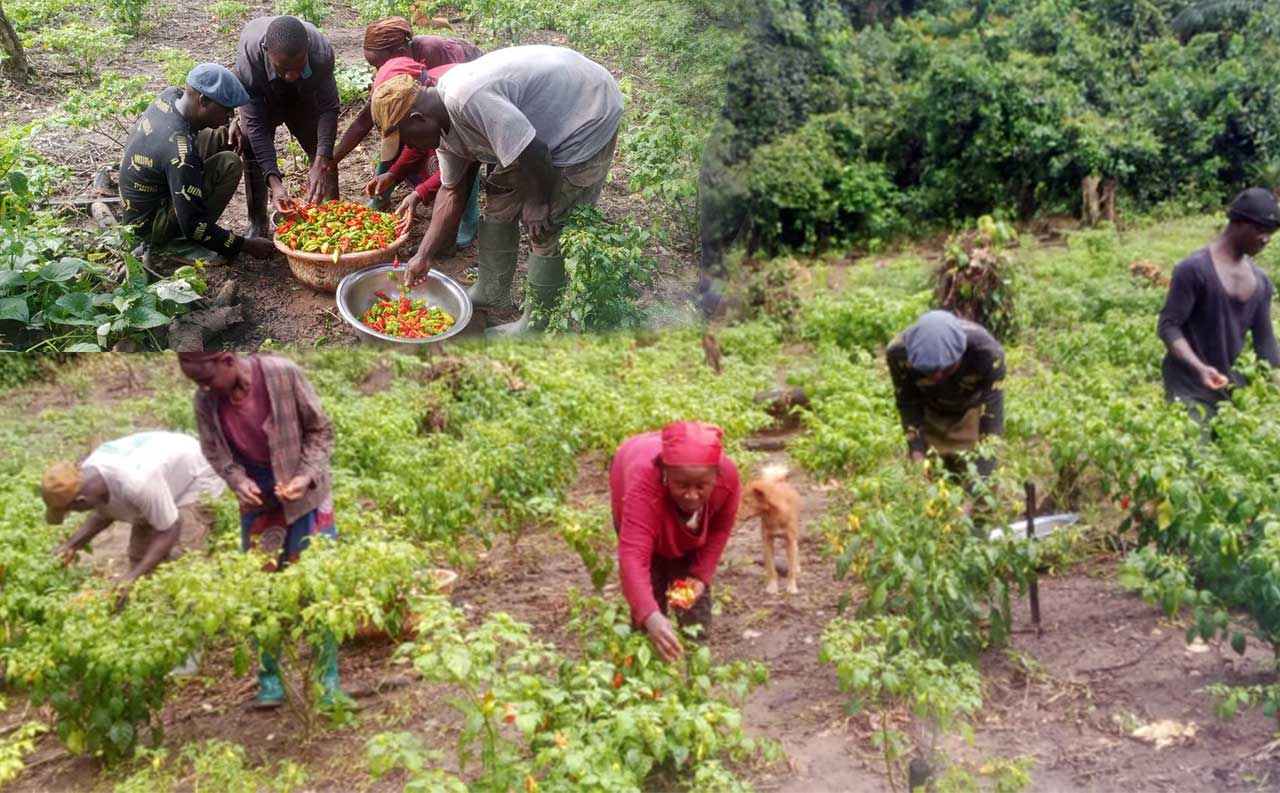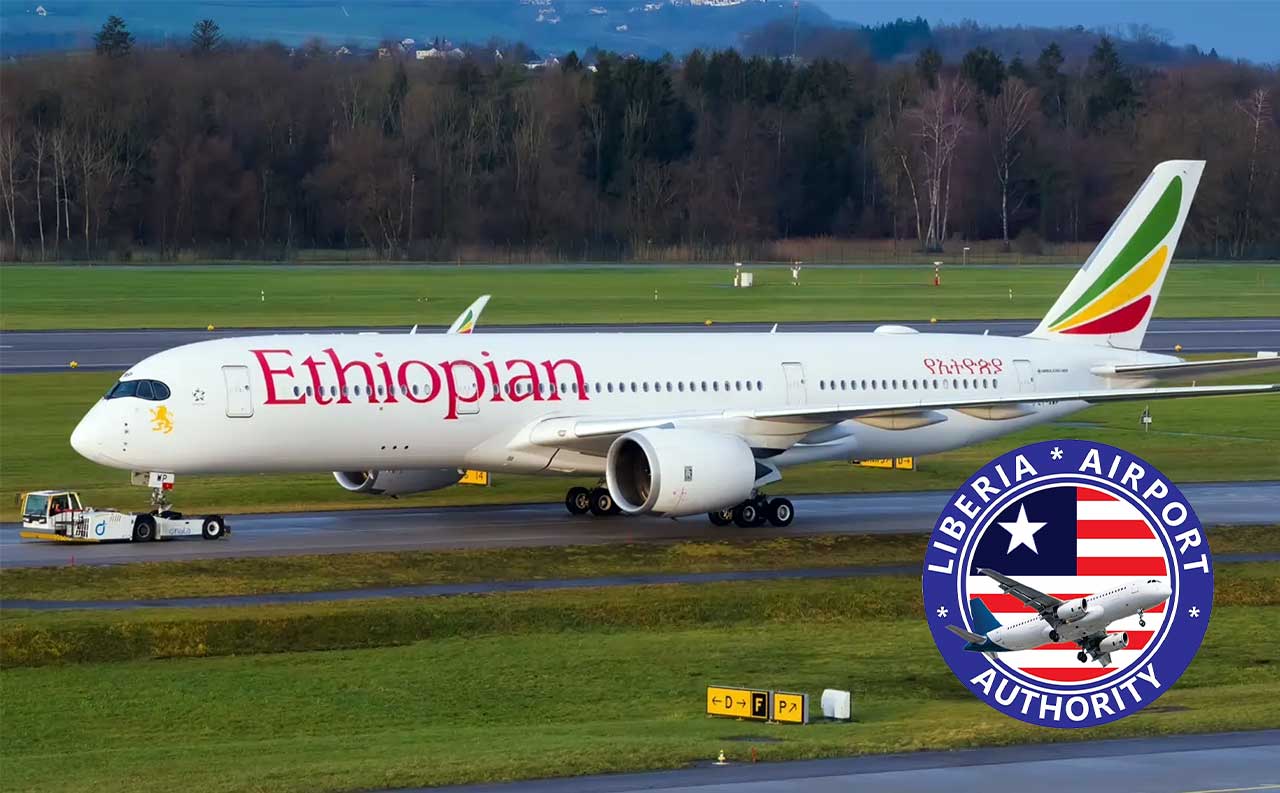About 450 forest dependents communities across four Southeastern counties of Liberia have raised an astounding income totaling 2.2 million Liberian Dollars under eleven months, after receiving needed capacity building support to improve their livelihood, boost their income and elevate their standard of living.
The money was raised by farmers, hunters, fishers, miners, vulnerable women, youth and other forest users, who received practical, site-based training in climate-smart agriculture, Village Saving Loan Associations (VSLAs) and a variety of other income driven activities such as cane rat raring, handicraft, and other small-scale merchandise businesses.
Funding for these transformative interventions are being provided by the Embassy of Sweden through UNDP Liberia and UN-FAO under the Community Based Forestry and Protected Area Management (CBFM) project. The CBFM project which supports Liberia’s Forestry Development Authority (FDA), aims to strengthen management of community forests (CFs) and protected areas through improved governance of Community Forest Management Bodies (CFMBs), capacity building of forest regulatory framework, promotion of sustainable livelihood incentives for forest dependent communities.
Implemented in collaboration with Partners in Development (PADEV), the project is supporting interventions which are critically important to rollback subsistence farming and livelihood practices that undermine efforts to mitigate the devastating effects of climate, sustainable forest management (SFM) and biodiversity conservation.
Direct beneficiaries of this life-changing support are local people who particularly live in communities at the peripheries of the Grebo-Krahn National Park, the Konobo Authorized Forest Community (AFC) in Grand Gedeh, the Sarbo, Putipo & Gbeapo AFC and two other applicant community forests (CFs) in Rivergee County; the Sapo National Park (SNP) and an applicant community forest in Weasayn, Rivercess County. The livelihood of these people entirely depends on these forest landscapes.
About 8.4% or 191,000 Liberian Dollars of all the money raised was generated from the sale of local cowpea and hot pepper. In early April 2024, about 200 local farmers signed up and received site-based training in climate-smart agriculture. Each farming group comprising ten farmers per site was supplied local seeds of hot pepper, cowpea and assorted farming tools.
Guided by extension service providers, the farmers grew the crops and harvested late 2024.
In the past, farmers in the project zones have been engaged in the traditional slash-and-burn farming method, an approach that underpins deforestation and biodiversity loss. The introduction of the regenerative climate-smart agriculture approach is expected to prepare farmers to adapt to a more resilient farming approach that mitigates the impact of climate change.
From administering just ten VSLAs, the communities have collected and saved up to 2m Liberian Dollars. This amount is 90.4% of all the money the communities have raised. The VSLA revenue was earned from enterprise initiatives operated by the communities. From these initiatives, they have been able to pay their regular VSLA due, pay interest on money borrowed and contribute to their social funds. The rest of the money accounts for gains made from the sale of handicraft items (L$20k) and profits earned from small-scale businesses operated by 28 vulnerable community women in project sites in Rivercess County. Each of the women received L$24k as small grant at the start of the project.
In the coming months, the farmers will replicate the climate-smart farming approach on their individual farmers. They will also continue the practice on their designated demo sites where they will be involved in crop rotation to enable them to produce and store seeds to increase planting materials. The ultimate goal is to establish seed multiplication hubs where farmers in their constituent communities can access and grow the same crops to boost food security and create a more reliable income stream for locals.
As the ten VSLAs approach the end of the first cohort, there are plans to expand to other enterprise groups such as beekeepers and other smallholder farmers. The idea is to broadly promote saving, improve the income of heads of households across the target communities and strengthen the economic prosperity of the larger project geography.



